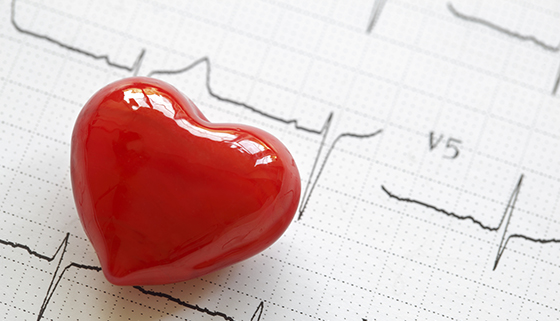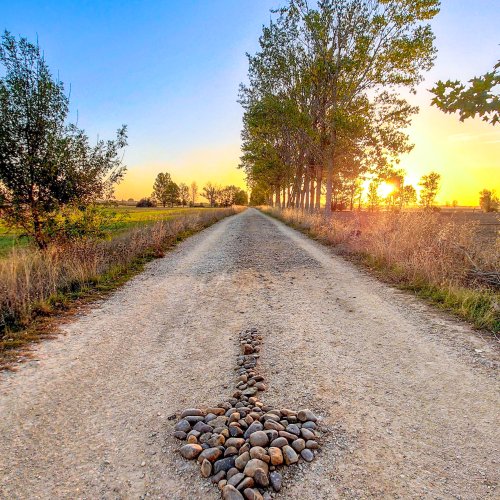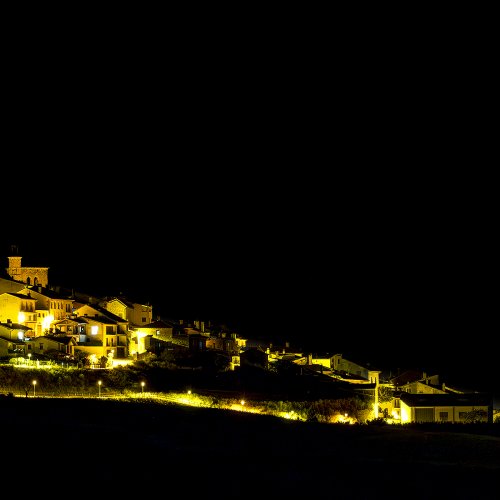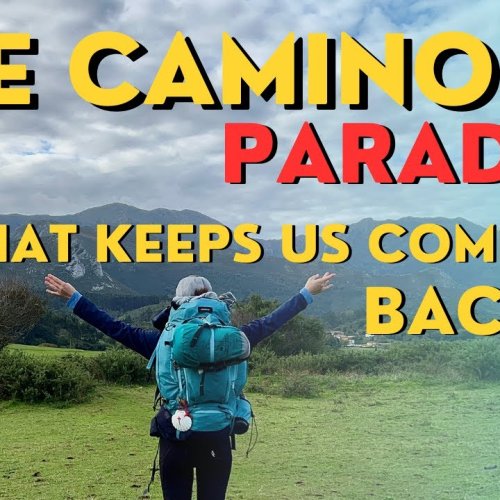- Time of past OR future Camino
- 2022 Portugues, 2023 CF to Leon,2024 Leon to Sant.
Hey guys, I have just returned home to Canada early from the Camino Frances and thought my story might help others.
I left Canada on Feb 29th and started walking on March 4 in Leon. I had done SJPP to Leon last spring and my plan was to complete the Leon to Santiago portion by the end of March, taking things pretty slow. I got to Sarria on March 16th. I had found the preceding couple of days very challenging and was effectively exhausted when I arrived. Feeling very poorly, I had dinner with a fellow pilgrim who was also a doctor (GP). My heart rate was steady at 135-145 and showing no signs of slowing down. This is very dangerous for a number of reasons. We agreed, off to the Sarria medical centre.
They did some blood work and ECG, determined it was out of their zone of treatment and put me in an ambulance and off to the major regional hospital in Lugo. This became a 5-day stay cumulating in a heart ablation procedure to treat a "Atrial Flutter". See a reference definition here from John Hopkins:

 www.hopkinsmedicine.org
www.hopkinsmedicine.org
Some observations:
I left Canada on Feb 29th and started walking on March 4 in Leon. I had done SJPP to Leon last spring and my plan was to complete the Leon to Santiago portion by the end of March, taking things pretty slow. I got to Sarria on March 16th. I had found the preceding couple of days very challenging and was effectively exhausted when I arrived. Feeling very poorly, I had dinner with a fellow pilgrim who was also a doctor (GP). My heart rate was steady at 135-145 and showing no signs of slowing down. This is very dangerous for a number of reasons. We agreed, off to the Sarria medical centre.
They did some blood work and ECG, determined it was out of their zone of treatment and put me in an ambulance and off to the major regional hospital in Lugo. This became a 5-day stay cumulating in a heart ablation procedure to treat a "Atrial Flutter". See a reference definition here from John Hopkins:

Atrial Flutter
Atrial flutter is one of the more common abnormal heart rhythms (arrhythmias). It affects the upper heart chambers (atria).
Some observations:
- Language barriers were significant as I speak zero Spanish. Google translate helped a lot, but I also engaged the services of a translator from Madrid recommended by the Canadian embassy for several key medical consultations. Do not assume that English or any other language will be available in the system.
- If I was not awake and competent to act on my own behalf, I do not know what would have happened. My arrangements for support from home were limited, I was travelling alone and except for some critical help from the fellow pigrim I mention above, no other assistance was available. The medical assistance line of my travel insurance was very hard to contact (very long wait times) and useless when contacted. Check this part of your travel insurance package carefully if possible. I will be making much more significant arrangements for support next time.
- I had a full doctor's letter setting out prior conditions and medications, printed and laminated with me. This was a huge help and allowed the Spanish medical staff to very very quickly understand what was happening. I have a significant history of cardiac problems.
- I contacted my home cardiologist and requested an immediate send, via email, of my cardiac medical records to the hospital in Lugo. They did this in less than one hour and these records were critical for the Spanish cardiology team to determine the correct course of action for me. I would make sure that key specialists in your life, if you have them, are aware you are overseas for an extended period and that support may be required.
- The Spanish medical systems is excellent in my experience, at least as good as the Canadian one and in some ways better.
- They would not let my fellow pilgrim travel to the hospital with me because she was not family. Within 45 minutes we were 100km apart. Plan on the possibility of being absolutely alone.













